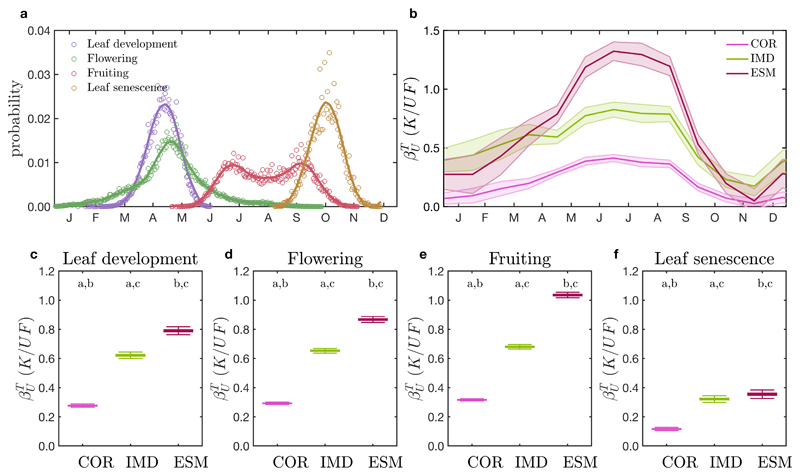Figure 2. Coefficients of the MLR regression analysis describing unique changes in air temperature with changes in urban fraction.
a, Probability of seasonal occurrence of four aggregated phenological phases. b, Seasonal variation of MLR coefficients (; Eq. 2) for three urban fraction (UF) metrics (COR … CORINE land cover, IMD … imperviousness degree, ESM … European settlement map; mean and ± one standard deviation). c-f, Boxplots of MLR coefficients (panel b) weighted by probability of the four aggregated phenological phases (panel a). Significant (p < 0.05, Wilcoxon rank sum test) differences between urban fraction metrics are indicated by the same letters. Boxplots show the interquartile range (IQR, box), the median (horizontal line in box) and 1.5 x the IQR (whiskers), while outliers are omitted for clarity.

